Discover the Soul of Japanese Garden Design Philosophy
Immerse yourself in the profound philosophies and timeless principles behind Japan’s most beautiful gardens, and apply their serene wisdom to your miniature landscape creations. At Glavetheronia, we bridge traditional artistry with modern hobbyist fulfillment, fostering a deeper appreciation for cultural heritage and creative satisfaction.
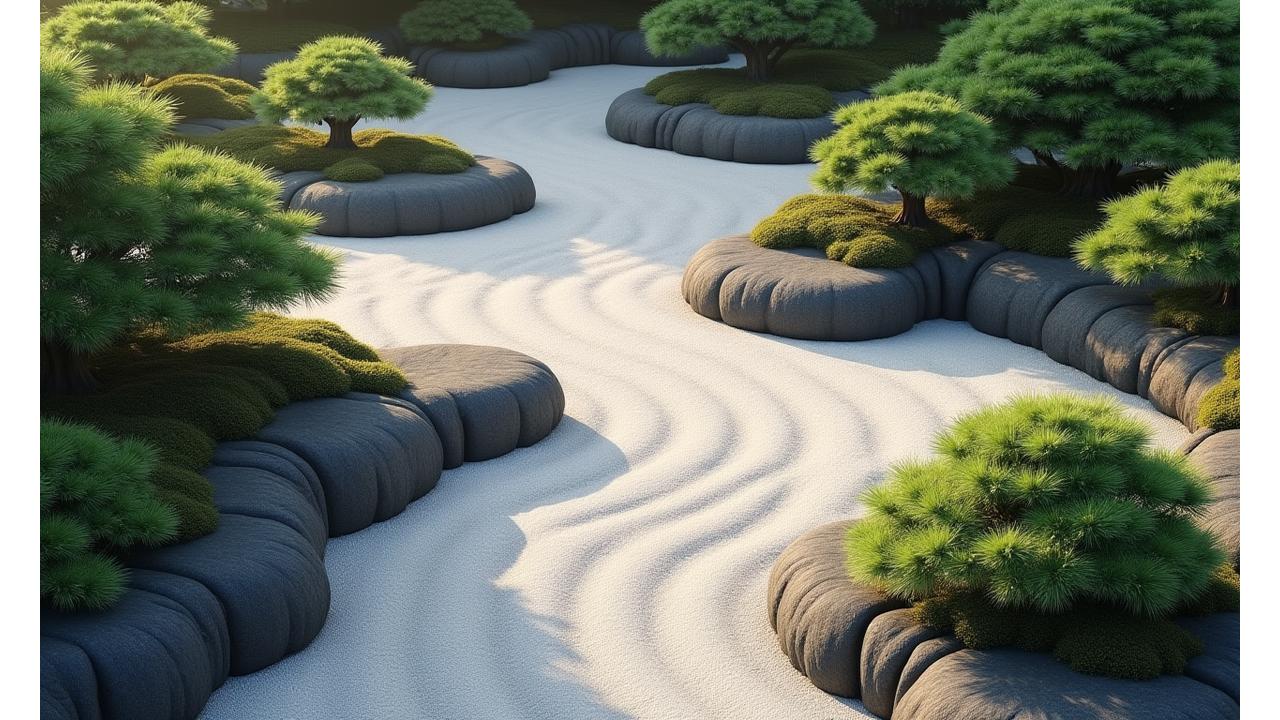
Our course outline emphasizes cultural authenticity and artistic depth, guided by certified Japanese garden experts. We ensure a respectful approach to traditional knowledge, connecting philosophical learning with practical application to transform your miniature landscapes into meaningful artistic expressions.
Core Principles: Ma, Wabi-Sabi, and Asymmetrical Balance
Ma (間): The Art of Negative Space
Explore the concept of Ma, a deep appreciation for negative space and the intentional pauses between elements. Learn to apply this principle to your miniature gardens to foster a sense of openness, contemplation, and visual harmony.

Wabi-sabi (侘寂): Embracing Imperfection
Uncover wabi-sabi, the aesthetic philosophy of finding beauty in imperfection, transience, and natural simplicity. Discover techniques to incorporate aged textures, subtly weathered elements, and the beauty of natural decay into your miniature landscapes, lending them depth and authenticity.
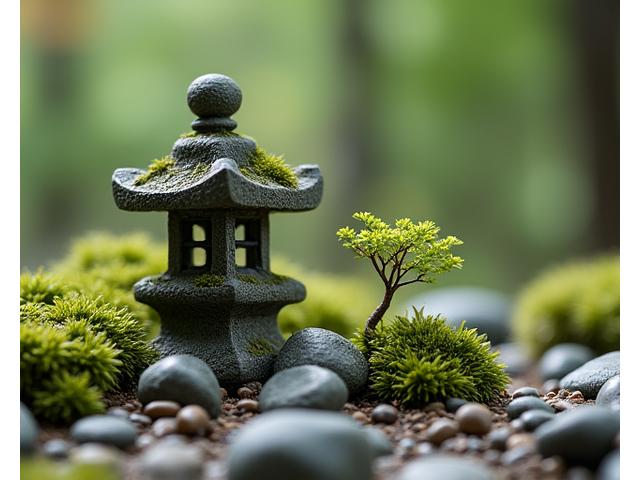
Asymmetrical Balance and Visual Harmony
Learn the subtle art of asymmetrical balance, where elements are arranged to create dynamic yet harmonious compositions without strict symmetry. Master the techniques to achieve visual weight and flow, guiding the viewer’s eye through your artistic landscaping.
Furthermore, our comprehensive modules cover seasonal awareness and temporal design considerations, as well as the rich cultural significance of symbolic elements. This course provides an authentic framework for artistic expression.
Historical Evolution and Cultural Significance of Garden Design
Delve into the rich tapestry of Japanese garden history, from its ancient origins to its modern applications. Understand the profound influences that have shaped these living works of art.

Influences and Evolution
- Buddhism, Shinto, and the Tea Ceremony: Understand how these spiritual and cultural pillars profoundly shaped garden aesthetics and symbolism.
- Regional Variations: Explore the distinct characteristics of Kyoto's dry landscape gardens (kare-sansui), Edo's expansive stroll gardens, and other regional styles.
- Famous Examples: Discover iconic gardens like Ryōan-ji and Kinkaku-ji and the enduring lessons in their design.
- Modern Relevance: See how these timeless principles continue to inspire minimalist design and cultural education today.
Our course fosters a deep cultural understanding, ensuring a respectful interpretation of this revered art form. It is a valuable resource for serious artistic landscaping enthusiasts in Tokyo and beyond.
Adapting Traditional Principles to a Miniature Garden Scale
Turn grand concepts into intricate realities. Our expert instructors guide you through the nuanced process of translating classic Japanese garden principles into breathtaking miniature landscapes.
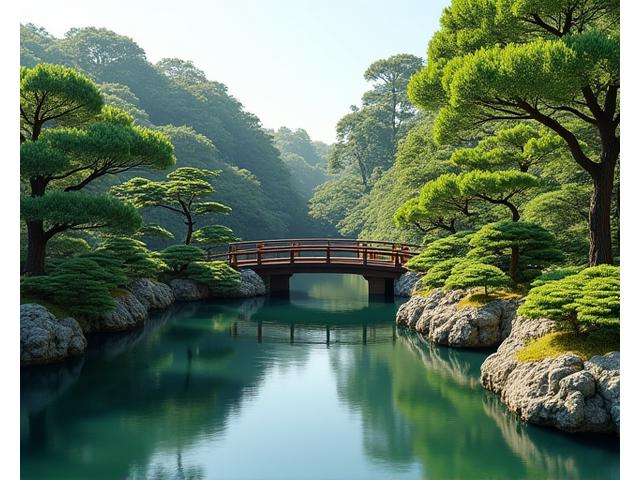
- Mastering Scale Adaptation: Learn how to maintain the integrity and emotional impact of a large-scale garden within a confined space, preserving authentic design principles.
- Material Selection and Proportion: Discover how to choose and arrange materials that reflect traditional aesthetic choices, ensuring proportional relationships create visual impact at a small scale.
- Mindful Maintenance: Understand practices that honor traditional garden care, integrated with modern miniature gardening techniques to preserve the beauty and essence of your creations.
Understanding Symbolism and Spiritual Elements in Garden Design
Every element in a Japanese garden tells a story. Uncover the layers of meaning embedded in stones, water, plants, and paths to transform your miniature garden into a contemplative space.


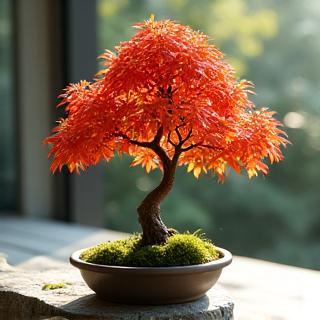
Beyond individual elements, explore how paths guide a meditative journey and how all components integrate to foster tranquility and contemplation, central to Zen garden principles.
Hands-On Practice: Create Your Own Japanese-Inspired Miniature Garden
Translate theory into exquisite reality. Our hands-on workshops provide step-by-step guidance to construct your own authentic miniature Japanese garden, applying the principles you’ve learned in real time.
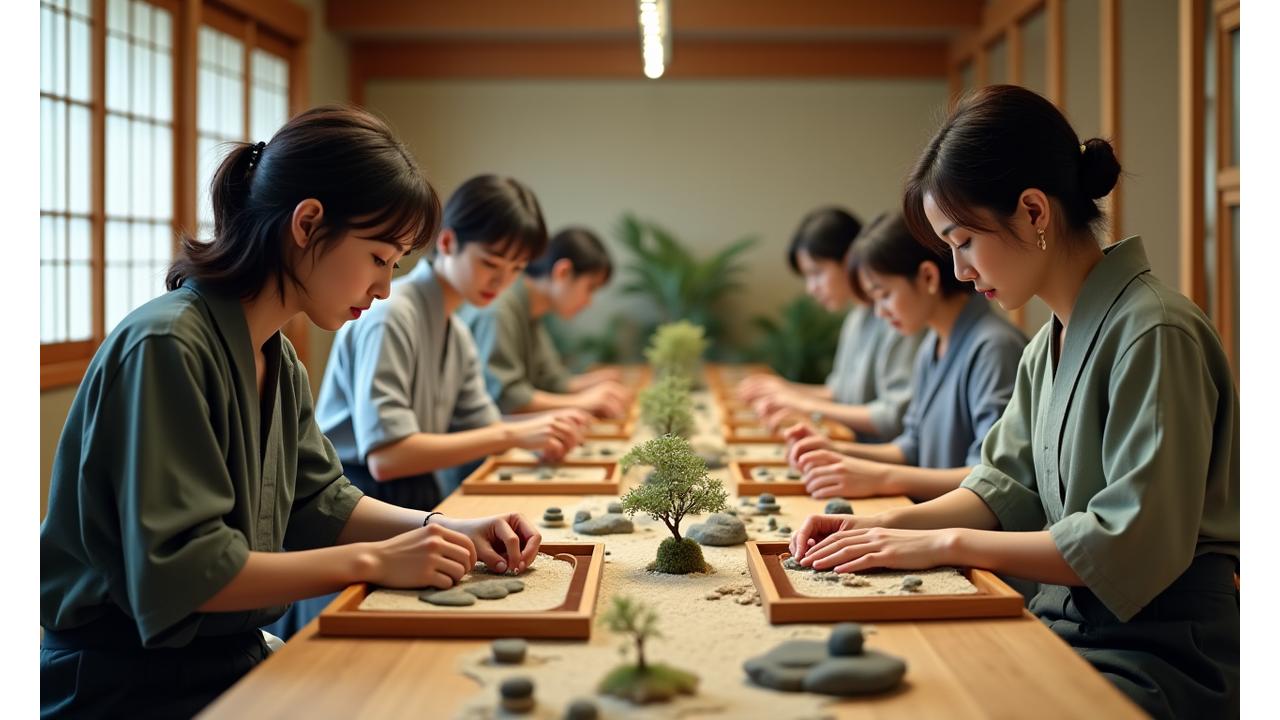
You’ll receive personalized instructor feedback, learn to problem-solve common adaptation challenges, and develop your own artistic interpretation within a respectful traditional framework. Complete a take-home project with pride and gain the skills for continued refinement.
View Workshop ScheduleBegin Your Journey into Japanese Garden Philosophy
Embark on a transformative artistic journey at Glavetheronia. Our courses are meticulously structured to offer both profound theoretical knowledge and invaluable practical application, guided by a sincere commitment to cultural sensitivity.
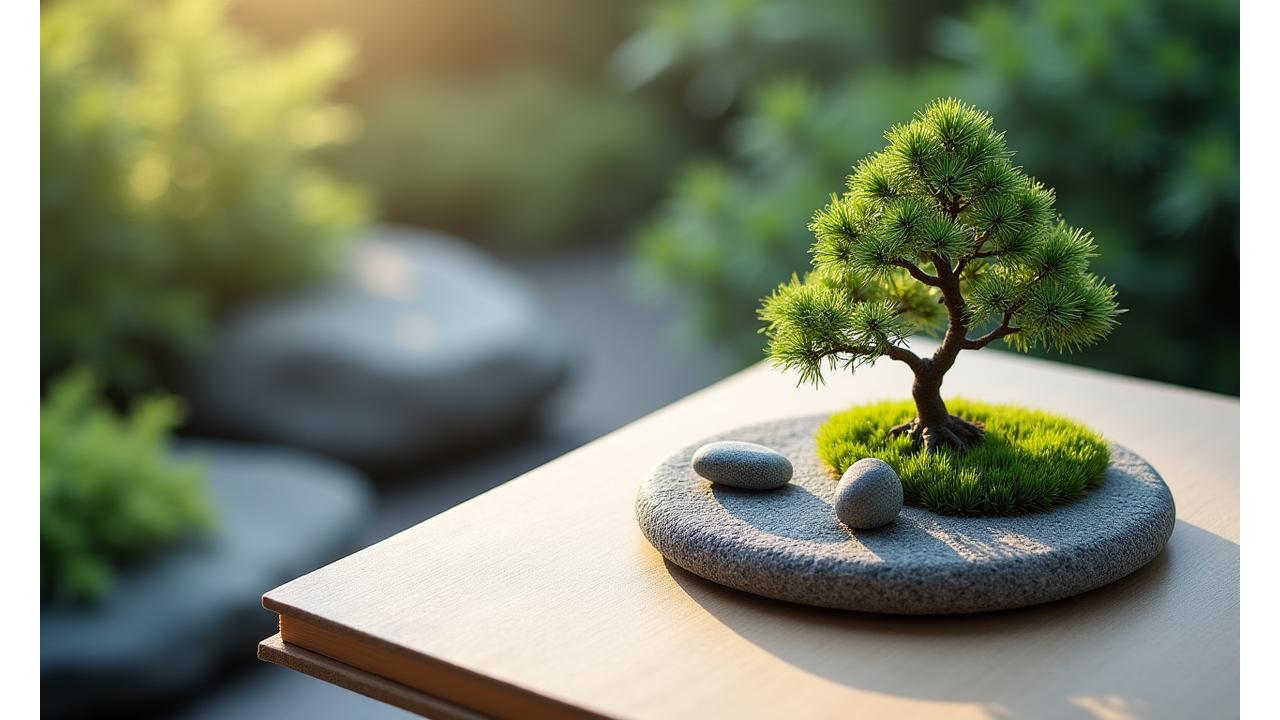
Our instructors bring authentic cultural knowledge and extensive qualifications in Japanese garden design, ensuring an enriching and respectful learning environment. Join a vibrant community of culturally-minded practitioners and explore opportunities for continuing education and advanced study paths.
Enroll in the Japanese Garden Principles Course